Date: 30 April 2014
Improvements to the thermal performance of building envelopes are the first cost-effective step to making buildings energy efficient and will support economic activity and jobs while helping to decarbonise Europe’s economy.
“Due to the length of investment cycles and the building industry’s fragmentation, market actors and investors need long-term visibility and regulatory certainty. This is precisely why a target is so important in this sector”, added Bertrand Cazes. Alongside a target, an ambitious revision of the Energy Performance of Buildings Directive (2010/31/EU) will be necessary to realize energy savings.
In its response to the consultation, Glass for Europe also supports the establishment of global energy efficiency targets to fill the gap of the weak EC proposal for a 2030 energy and climate framework.
About Glass for Europe
Glass for Europe is the trade association for Europe’s manufacturers of flat glass. Flat glass is the material that goes into a variety of end-products and primarily in windows and façades for buildings, windscreens and windows for automotive and transport as well as glass covers, connectors and mirrors for solar-energy equipments.
Glass for Europe has four members: AGC Glass Europe, NSG-Group, Saint-Gobain Glass and Sisecam and works in association with Guardian. Altogether, these five companies represent 90% of Europe’s flat glass production.

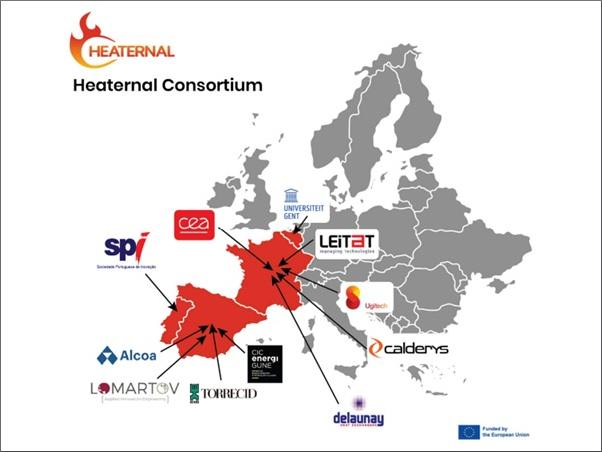
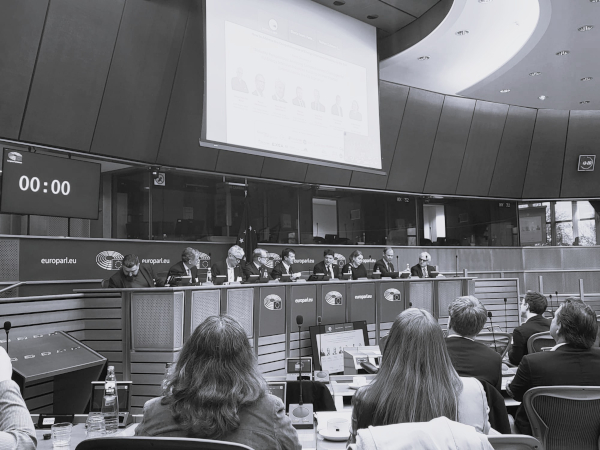
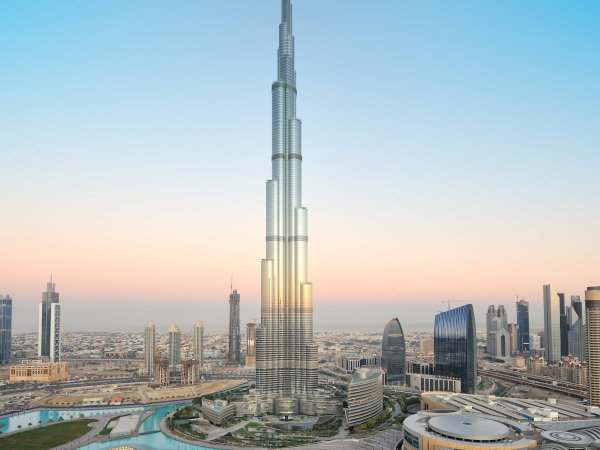
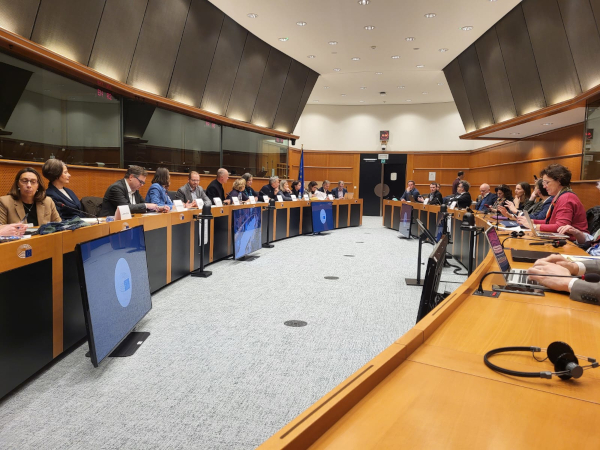
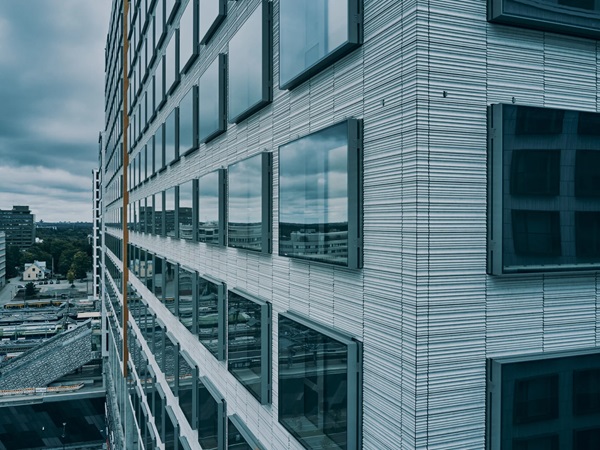

Add new comment